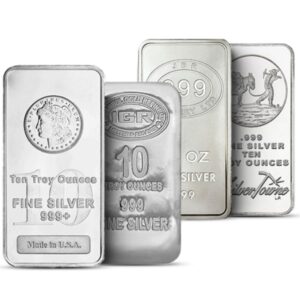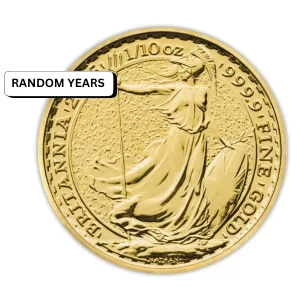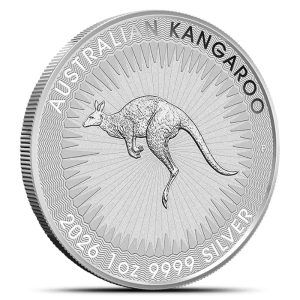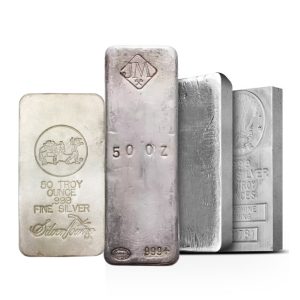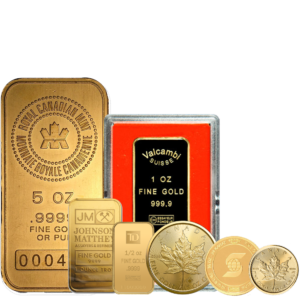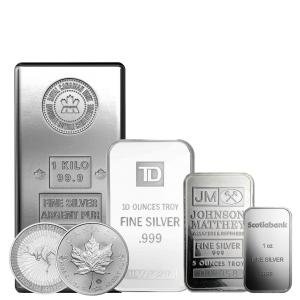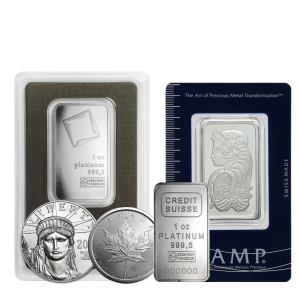Gold, often referred to as the ‘yellow metal’, stands as a sentinel in the ever-evolving global economic landscape. While its glow has attracted jewellery enthusiasts and collectors for thousands of years, its role in the financial world has been equally, if not more, influential. When the global economy undergoes fluctuations, one can often observe it mirrored in the price of gold.
-
Gold as a Safe Haven
Whenever there’s a significant economic downturn, political unrest, or financial instability on a global scale, investors often flee to what they consider ‘safe assets’. Gold, with its historical reliability, tops this list. Its tangible nature provides security that digital or paper assets might not, especially during unpredictable times.
-
Currency Fluctuations and Gold
The strength of the U.S. dollar plays a significant role in gold prices. Given that gold prices are typically quoted in U.S. dollars, a stronger dollar makes gold more expensive for foreign buyers, potentially reducing its demand and thereby affecting its price. Conversely, a weaker dollar often sees gold prices surge as it becomes cheaper for other currencies.
-
Interest Rates and Their Impact
Central banks around the world adjust interest rates to manage inflation and economic growth. When interest rates are high, yielding investments like bonds or savings accounts become more attractive. This might lead to a decreased demand for non-yielding assets like gold, thus potentially depressing its price. On the flip side, low interest rates usually boost gold’s allure.
-
Global Production of Gold
Economic changes can influence the very production of gold. If it becomes financially unviable for mines to extract gold due to economic downturns or trade restrictions, it can lead to a supply crunch. Less supply, with steady or increasing demand, invariably results in higher prices.
-
Evolving Consumer Markets
Rapid economic growth in emerging markets has introduced a new middle class with a disposable income. Countries like China and India, with deep cultural ties to gold, have seen an uptick in demand for gold jewelry. This increased consumer demand can significantly influence global gold prices.
-
Geopolitical Tensions
Wars, trade conflicts, and other geopolitical issues can unsettle the global economy. During these times, not only do investors turn to gold, but nations might increase their gold reserves as a countermeasure against economic sanctions or to hedge against currency instability.
-
Technological Advancements and Gold
The tech industry, especially sectors like electronics, require gold for various components. As economies shift towards tech-driven initiatives, the demand for gold in industries can impact its price. Furthermore, innovative financial products like gold-backed cryptocurrencies or digital gold investment platforms can influence demand dynamics.
To conclude, Gold, with its multifaceted roles in both the cultural and economic realms, remains an intriguing asset to observe. The interplay between global economic changes and gold prices serves as a testament to the intricate web of factors shaping our financial world. For investors and enthusiasts alike, understanding these dynamics is crucial to making informed decisions in an interconnected global economy.
 Hi,
Hi,

